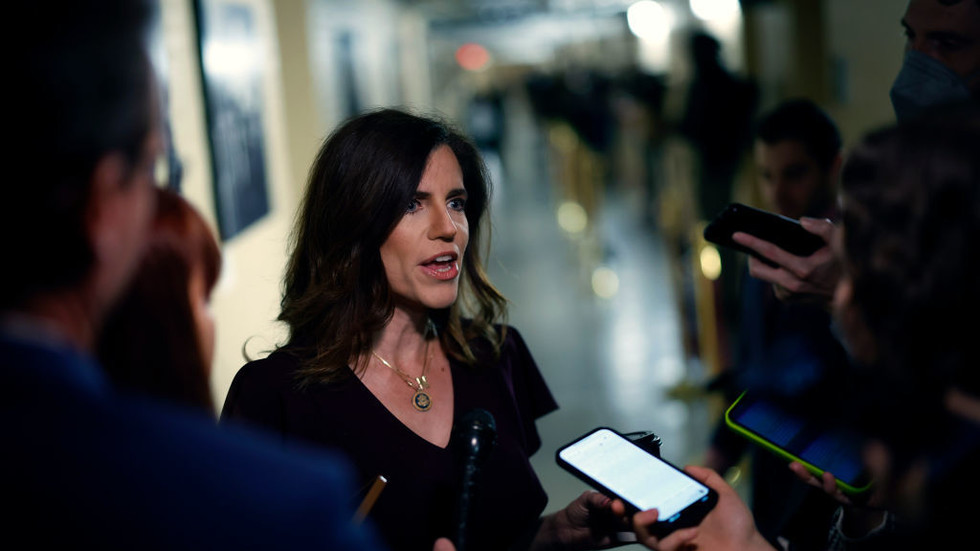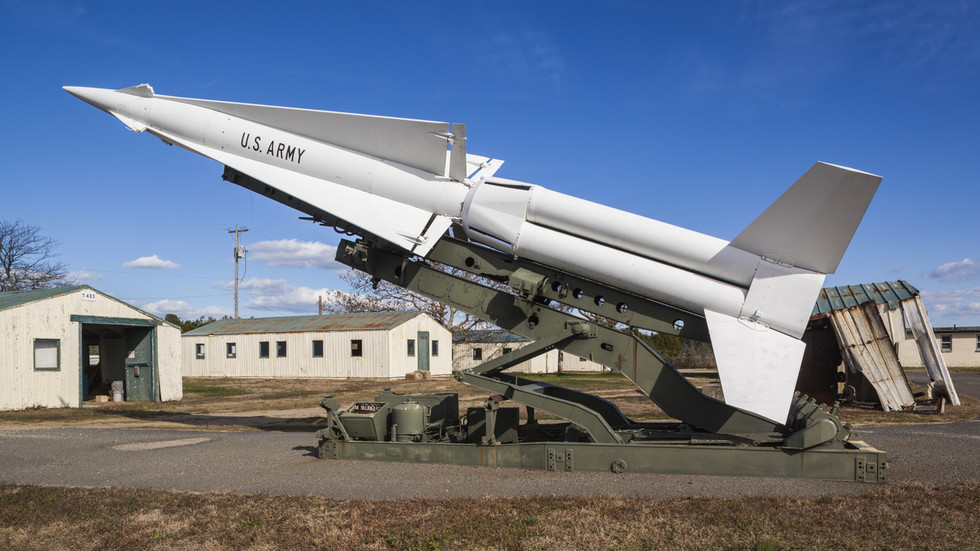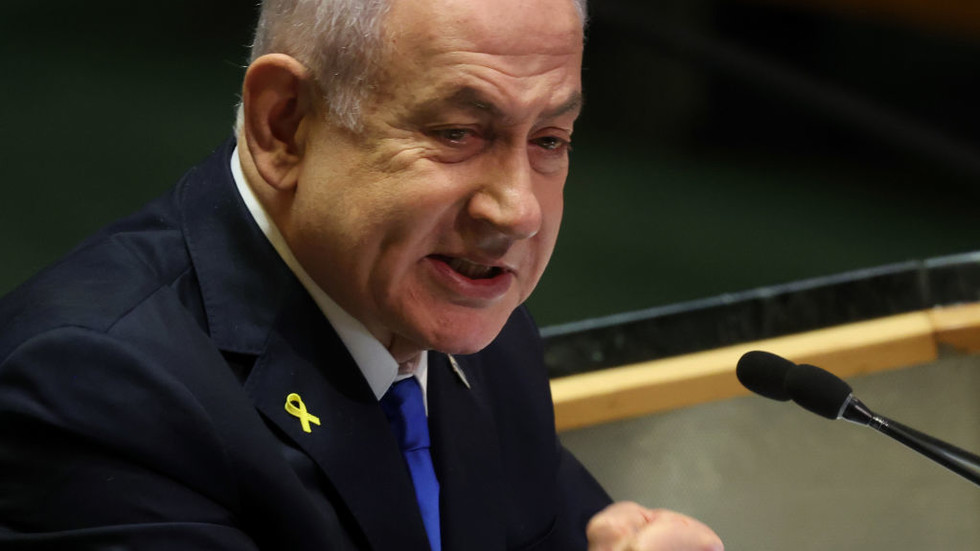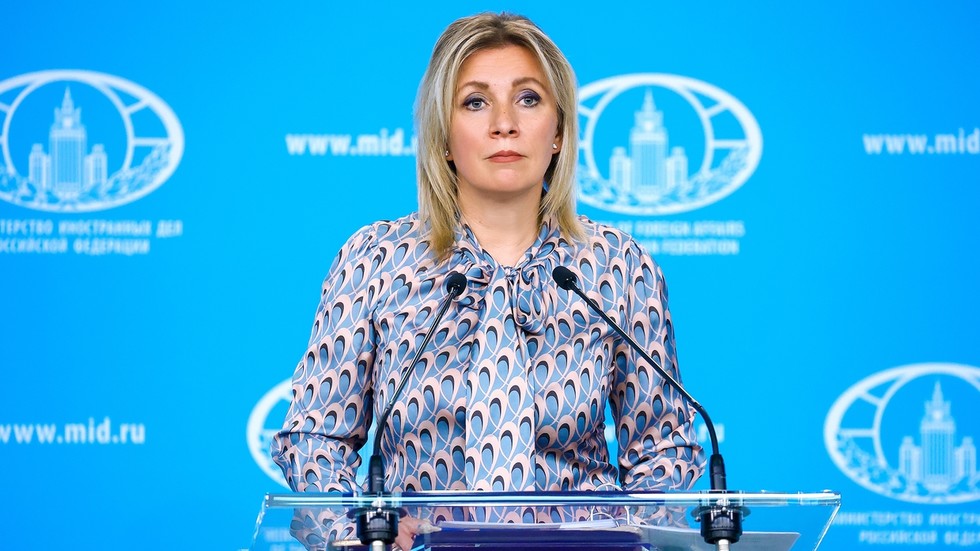Head of Australia’s Office of National Intelligence said the West must disrupt emerging ‘networks’ that pose a threat.
Published On 6 Nov 2024
An “emerging axis” of countries providing support to Russia, including China, Iran and North Korea, is “a profoundly troubling strategic development” that Western countries are struggling to deal with, the head of Australia’s national intelligence office has warned.
Director-General of Australia’s Office of National Intelligence, Andrew Shearer, said on Wednesday that the strategic impact of the emerging axis, with China and Russia at its core, had been underestimated.
“The massive provision by China of dual-use assistance to Putin, and economic support and diplomatic support is keeping Putin’s army in the field in Ukraine, killing innocent Ukrainians just as surely as if they were providing artillery ammunition and missiles,” Shearer said at a conference in Canberra.
“We have to do a better job of disrupting these burgeoning networks,” Shearer added, pointing to the provision of Iranian drones to Russia, as well as North Korean missiles and soldiers being sent to support Moscow in its war against Ukraine.
“This is a profoundly troubling strategic development and we are all grappling to catch up with it and put in place effective measures, but I think this is one of the strategic challenges of our time,” he said.
Australia is a member of the Five Eyes intelligence partnership with the United States, the United Kingdom, Canada and New Zealand.
Foreign ministers from the Group of Seven (G7) democracies – Canada, France, Germany, Italy, Japan, the UK, and the US – and three allies – South Korea, Australia and New Zealand – have also called the deployment of North Korean troops to Russia a “dangerous expansion of the conflict”.
The warning by Australia’s intelligence chief comes as Russian senators were scheduled to vote on Wednesday to ratify a mutual defence pact between Moscow and North Korea.
The pact, which was ratified by Russia’s lower house of parliament on October 24, formalises months of deepening security cooperation between Russia and North Korea and has stoked fears among Western allies.
Russian President Vladimir Putin agreed on a “comprehensive strategic partnership” with North Korean leader Kim Jong Un in Pyongyang in June, which obliges Moscow and Pyongyang to immediately provide military assistance using “all means” if either is attacked.
The agreement has been described as the strongest link between Russia and North Korea since the end of the Cold War and comes as the US and South Korea report that an estimated 10,000 North Korean soldiers have been deployed to fight with Russian forces in the war on Ukraine.
North Korea has denied the deployment.
Putin has not denied that North Korean troops had been sent to Russia, while several Russian officials have deflected requests to comment on the matter.
Ukrainian President Volodymyr Zelenskyy said on Tuesday that the first battles between Ukrainian and North Korean troops “mark a new chapter of global instability”, after Ukraine’s Defence Minister Rustem Umerov said a “small engagement” had taken place between soldiers from both countries.
I thank everyone around the world who has responded to the arrival of North Korean soldiers in Russia—and especially those who have responded not only with words but are preparing actions in support of our defense here in Ukraine.
Unfortunately, terror can spread like a virus… pic.twitter.com/HypHmfdna8
— Volodymyr Zelenskyy / Володимир Зеленський (@ZelenskyyUa) November 5, 2024
Source
:
Al Jazeera and news agencies

 2 weeks ago
7
2 weeks ago
7








